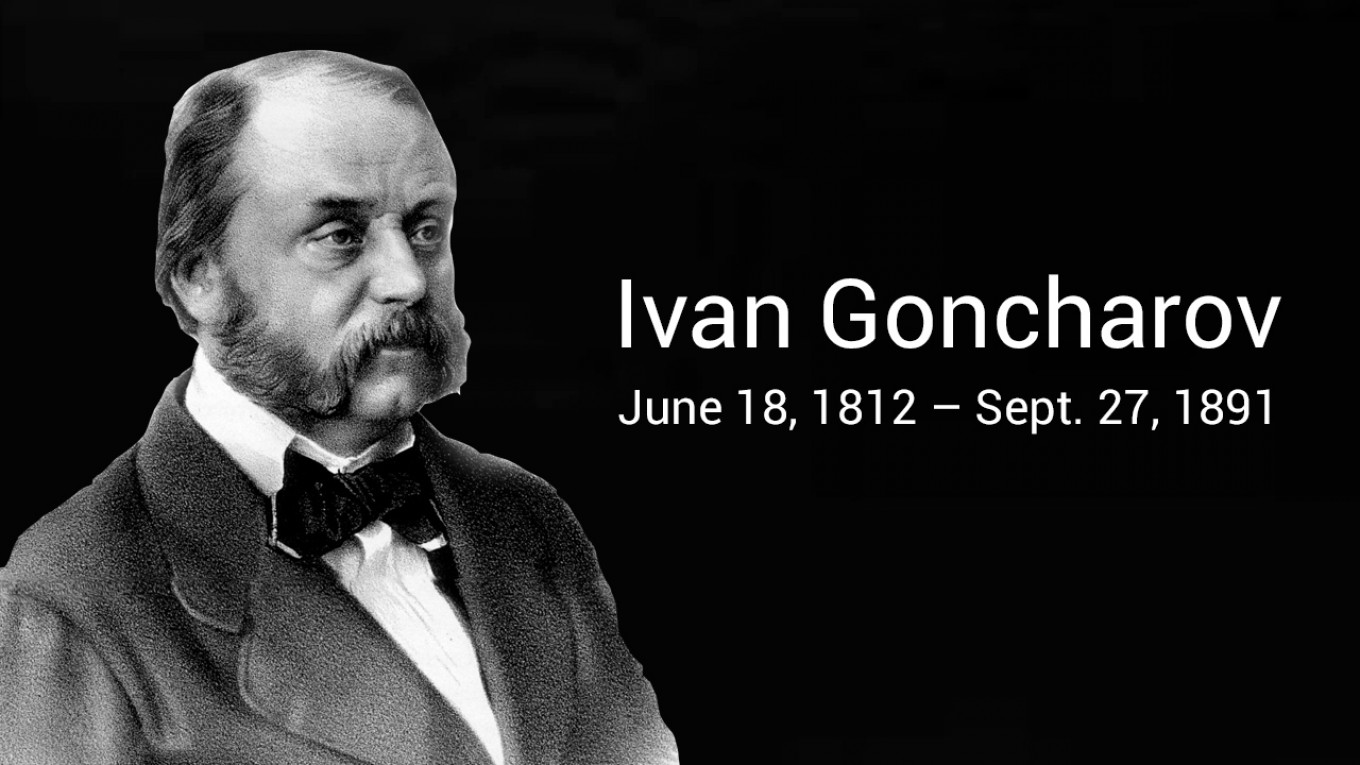
On June 18, 1812 Russian writer Ivan Goncharov was born in Simbirsk (now Ulyanovsk). Born into a wealthy merchant family, Goncharov went to boarding school and university in Moscow before relocating to St. Petersburg where he worked as a government translator and private tutor. He served for nearly 30 years as an official: first in the Ministry of Finance and then in the Ministry of Censorship. His life was in many ways typical of that of an educated man of wealth and government service, but beyond his official work duties, Goncharov also wrote fiction and poetry. His first and best-known novel “A Common Story” was published in 1847.
Through his writing Goncharov dramatized social change in Russia, and provided a perspective on the different classes in Russia. From a character in the book Oblomov (1859) comes the word “oblomovschina” – a new type of Russian man representing apathy, backwardness and inertia, a term used by the liberal critics to describe all that was harmful about Russia’s patriarchal and conservative system.
His third and final book “The Precipice” (1869) didn’t fare as well as his first two novels, but maintained themes of a liberated dreamer who meets an opposing character. In this novel capitalism and industrialization clash with Russia’s aristocratic institutions. Goncharov planned a fourth novel, but never wrote it. Instead he dedicated his efforts to theater and literary criticism.
Although at the end of his life Goncharov was bitter at his treatment by critics, he was revered by such writers as Fyodor Dostoyevsky and Anton Chekhov, who was quoted as saying that Goncharov was “…ten heads above me in talent.”






